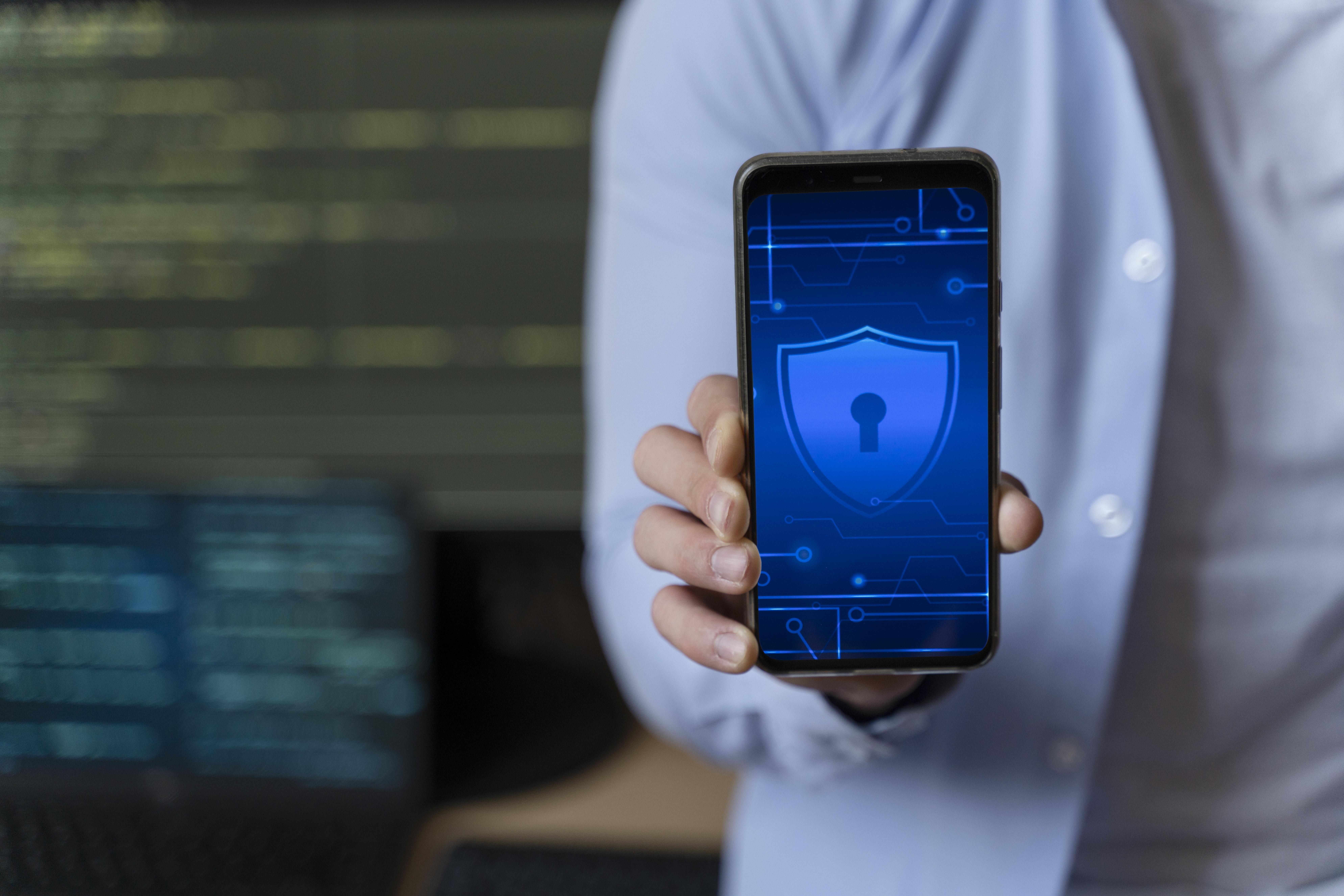Frequently Asked Questions about Secure Phones
Over the past five years, there has been a rising interest in secure phones, which can be attributed to the growing awareness of privacy and security concerns among users. As people become more reliant on smartphones for various aspects of their lives, especially at work, the need for secure communication and protection of sensitive data has become a top priority.
In this blog post, we aim to answer some of the most common questions about secure phones and showcase the value they can provide to so many businesses and individuals.
1. What is a secure phone?
A secure phone is a mobile device that incorporates enhanced security features to protect your data and privacy. It uses advanced encryption, secure boot processes, and secure communication protocols to safeguard your sensitive information from unauthorized access.
2. How is a secure phone different from a regular smartphone?
Unlike regular smartphones, secure phones prioritize security and privacy. They have built-in security measures such as hardware-based encryption, secure app ecosystems, and robust authentication mechanisms. Secure phones provide a higher level of protection against hacking, data breaches, and malware attacks. Typically, secure phones aren’t used as a replacement for a traditional smartphone because they tend to have less functionality related to entertainment and convenience.
3. What are the benefits of using a secure phone?
Using a secure phone offers several benefits. Secure phones employ advanced encryption protocols, ensuring that your messages and calls remain confidential. Whether discussing sensitive business strategies or sharing personal details, secure phones can help protect your privacy. It ensures the confidentiality of your communications, by protecting your sensitive calls and messages, minimizes the risk of malware infections, and reduces the chances of unauthorized access to your device.
4. How do secure phones protect against hacking and data breaches?
Secure phones employ multiple layers of security to protect against hacking and data breaches. They use strong encryption algorithms to secure data at rest and in transit, implement robust authentication mechanisms to ensure only authorized individuals can access the device, and regularly release security updates to address vulnerabilities and patch any potential entry points for hackers. Secure phones will often use specialty operating systems that are specially designed for security compared to Apple’s iOS and Android.
5. Can secure phones protect my privacy?
Yes, secure phones are specifically designed to protect your privacy. They include features like secure messaging and voice calling apps, and encrypted storage. These measures help safeguard your personal information from surveillance, data mining, and unauthorized tracking. Secure phone providers also typically don’t even allow for legal third-party intercept ensuring that messages and call logs are only visible to the phone’s user.
6. Are secure phones suitable for business use?
Yes. Secure phones are ideal for business use as they offer an elevated level of security for communications around sensitive business data, customer information, and internal communications. They can protect against corporate espionage, data leaks, and other security risks that businesses face every day.
7. Do secure phones offer protection against malware?
Yes, secure phones implement various measures to mitigate the risk of malware infections. These measures include app sandboxing, operating system security features, secure boot processes, and limited or proprietary apps. Together, these defenses significantly reduce the likelihood of malware compromising your device.
8. Can a secure phone be hacked?
While no device is completely impervious to hacking, secure phones are significantly more resistant to hacking compared to regular smartphones. They employ advanced security measures to make it extremely difficult for hackers to gain unauthorized access. Keeping a secure phone detached from your enterprise network and not using apps that store personal data also makes the phone a less valuable target for hackers.
9. Is a secure phone better than WhatsApp?
When comparing a secure phone and WhatsApp, it’s important to understand that they serve different purposes and address different security levels. A secure phone is a mobile device that prioritizes security and privacy. It incorporates advanced encryption, secure boot processes, and secure communication protocols to protect your data from unauthorized access. On the other hand, WhatsApp enhances privacy by encrypting your conversations, but it is focused on secure messaging rather than providing overall device security, leaving your smartphone still susceptible to malware and spyware.
10. Are secure phones worth the investment?
Investing in a secure phone is an investment in your security and peace of mind. The potential costs and damages resulting from a data breach or privacy violation can be substantial, both financially and reputationally. A secure phone provides the assurance that your sensitive information is well protected, making it a worthwhile investment for both individuals and businesses.
Remember, for the most comprehensive security, it’s important to choose a reputable secure phone vendor and follow best practices for device maintenance and usage. Your security is our priority, and using a secure phone can help you stay one step ahead in today’s ever-evolving digital landscape.

 Frequently Asked Questions about Secure Phones">
Frequently Asked Questions about Secure Phones">





Leave a Reply
Your email address will not be published.*